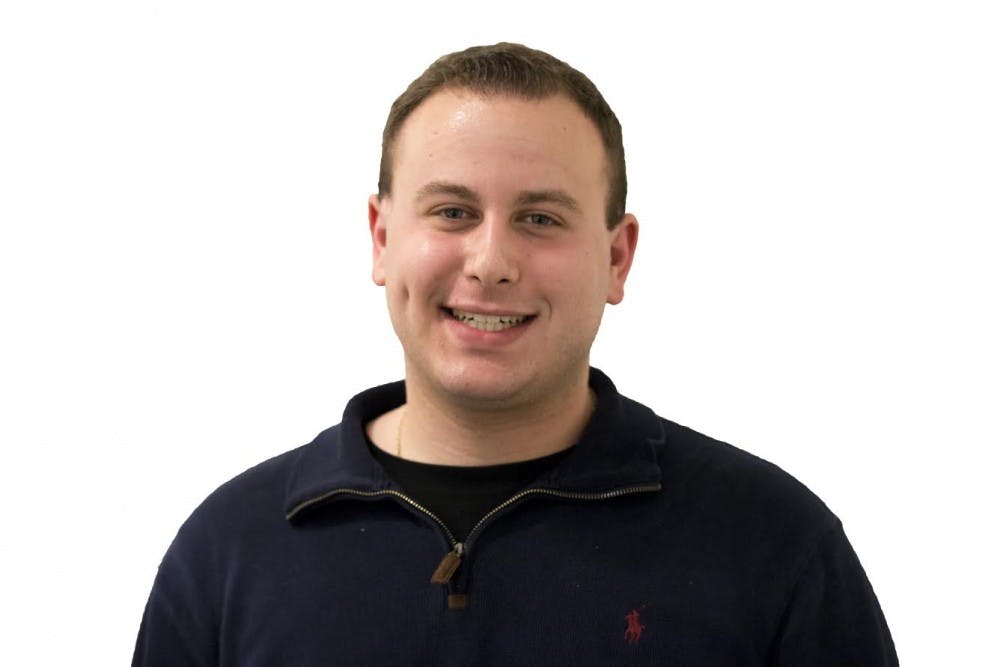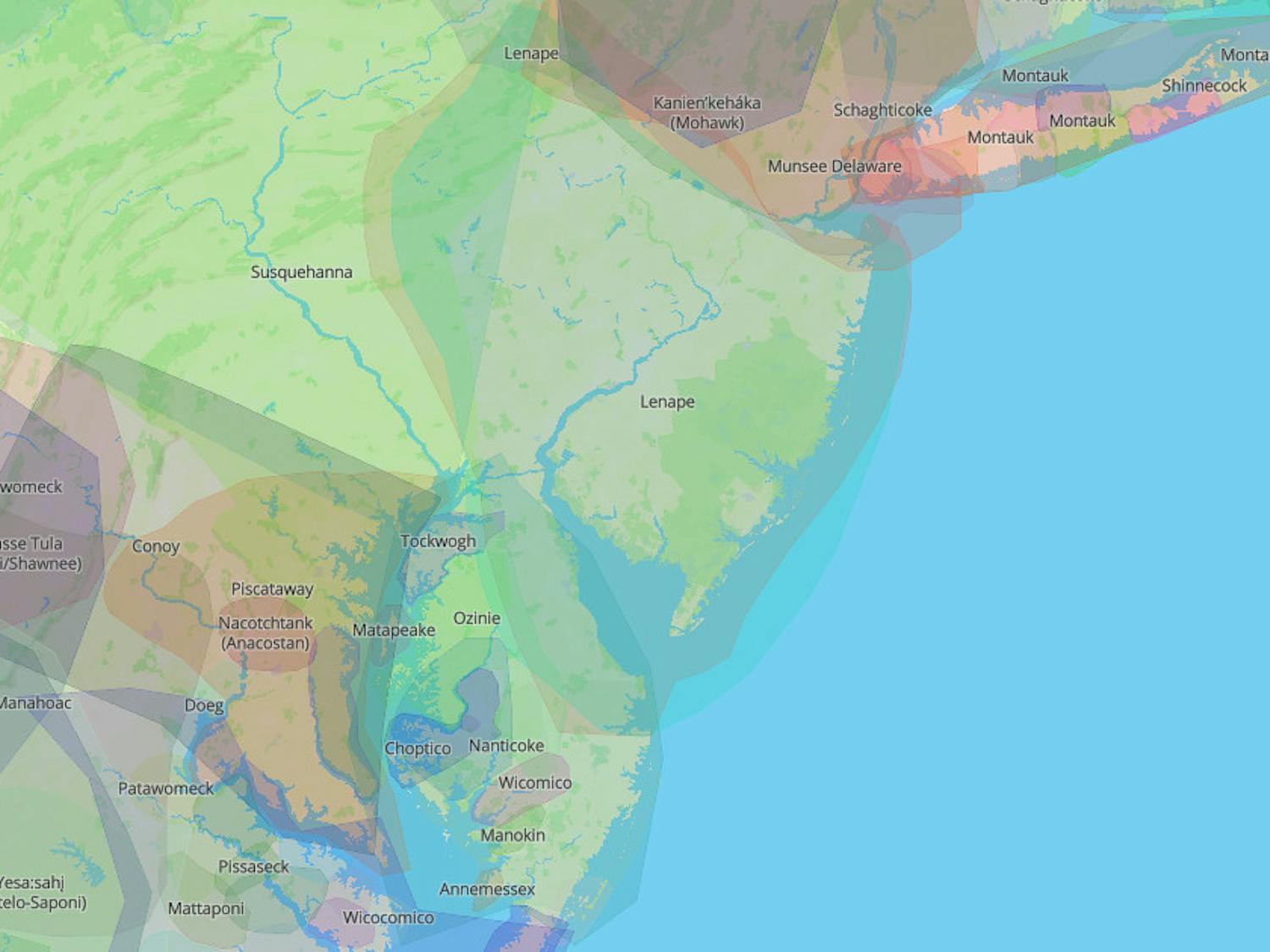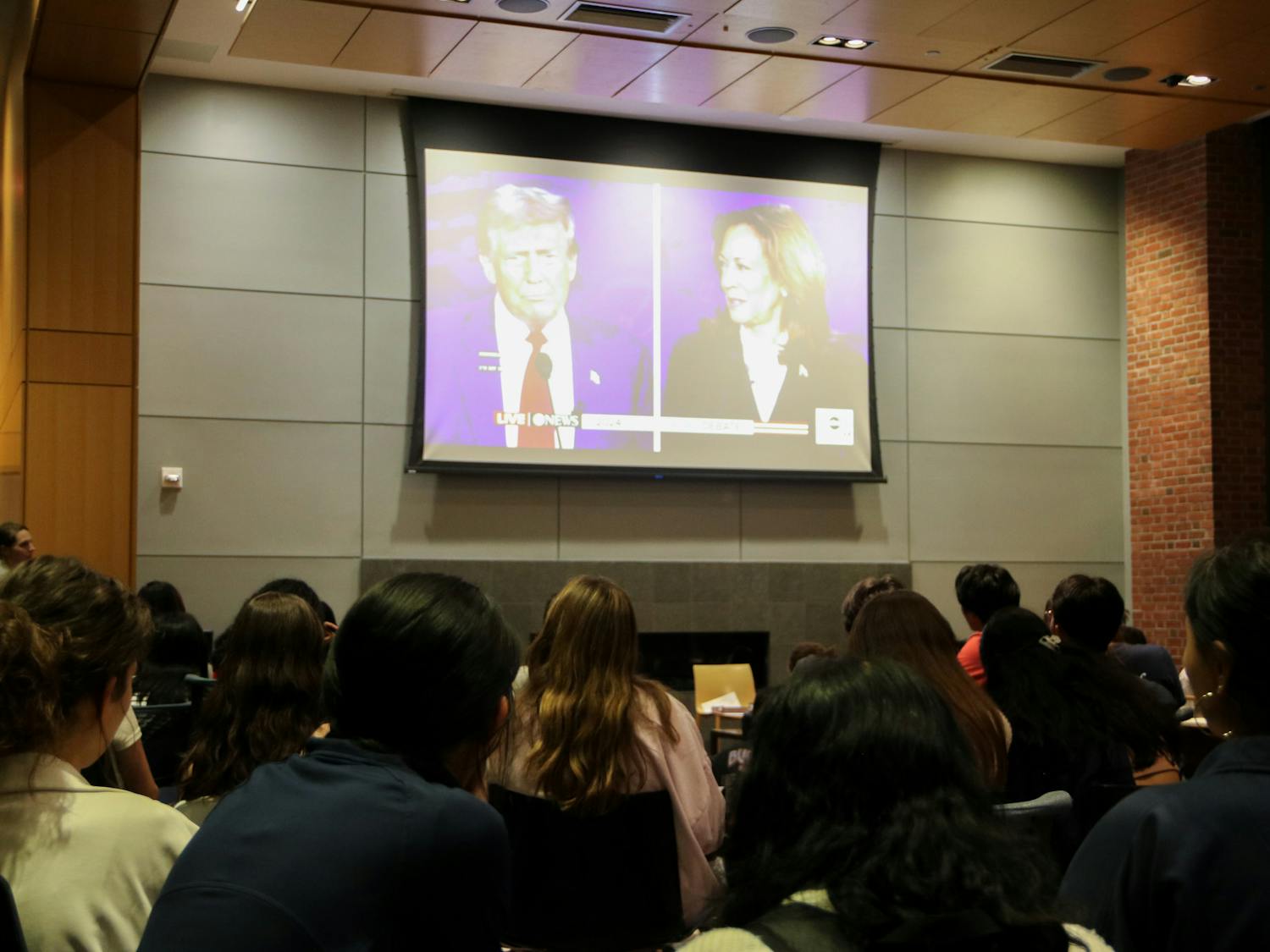This past week, I participated in an Alternate Spring Break trip to Hendersonville, North Carolina, where we spent the week working with Housing Assistance, a local organization that helps with home repair for people in poverty.
Throughout the week, we had the opportunity to help repair roofs around the community, visit local sights and eat lots of great food. However, the part of the trip that will stay with me for the rest of my life was not that I “did something good” for my spring break. It is the people I met on this trip.
The community of Hendersonville welcomed us with open arms. We were allowed to stay at a local camp, were invited to a community dinner and were able to chat with families from around town.
The most amazing person we met on this trip was a man named Todd McCullough, who is a pastor at a local church and the director of home repair for Housing Assistance. We spent the week helping him repair roofs for two members of the Hendersonville community. While he spent a lot of time teaching us how to roof houses, he also took a lot of time to talk to us about the community and his path that led him to dedicate his life to helping people.
One comment of his that really resonated with me was, “Don’t forget the trees because you’re too busy looking at the forest.”
This simple yet insightful metaphor immediately seemed applicable to the Penn experience. At Penn, we’re surrounded by a forest of incredible people. We all have sizable goals about how to leave our own impact on the world and hopefully to help people along the way.
Too often, we focus on how we can have the broadest impact in our respective fields. Whether we’re thinking about how developing technologies can help society or writing a piece for a journal, we generally want our work to affect the broadest number of people.
Still, the people we are doing this work for are individuals. When we think too broadly, we forget the human aspect of whatever we’re doing. We forget about how our actions affect individuals, and we forget about the little things that we can do to make other people’s lives better.
SEE MORE FROM SHAWN SROLOVITZ:
Shawn Srolovitz | Why we need to talk about rejection
Shawn Srolovitz | Be an active participant in your education
How do we balance the goals of having a broad impact on the “forest” with considerations about the individual “trees?”
I think this is an important lesson for Penn students to keep in mind. As we pursue the cutting edge of many different fields, it is important to consider how we can make peoples’ lives better as individuals, rather than just as an aggregate.
One way that Todd framed this in our discussion was, “You must choose what’s more important to you: academics or people.” You can choose to dedicate yourself to a field or a career and pursue it in its simplest form to further the field itself or meet the needs of the job.
Or you can choose to dedicate yourself to people. To improving the lives of those around you. To having a tangible impact on others’ quality of life.
I like to think that most of us fall into the latter category; we do things in a field that we’re passionate about so that we can make our mark on society and help people along the way. As we make decisions in our work and career plans, we actively consider the impact that we will have on people, not just on the job.
This week, and this conversation with Todd, reminded me about why I came to Penn and reinvigorated my passion for helping others. Penn — and a college education in general — provides us with the tools we need to positively affect change in our own communities and across the world. The rest is in us to decide what we want to do with it.
It’s on us to figure out what our purpose in life is and how we can use that purpose to have a positive impact on the world around us. Whether it’s direct involvement in a community like repairing roofs for those in need or indirect work through your everyday job, we all have the ability to find a way to help humanity.
As you navigate your Penn career and find your passions, don’t just think about the forest. Think about the trees that make up the forest and how your work affects them individually.
SHAWN SROLOVITZ is an Engineering junior from Manalapan, N.J., studying bioengineering. His email address is ssrol@seas.upenn.edu. “Srol With It” usually appears every other Tuesday.









